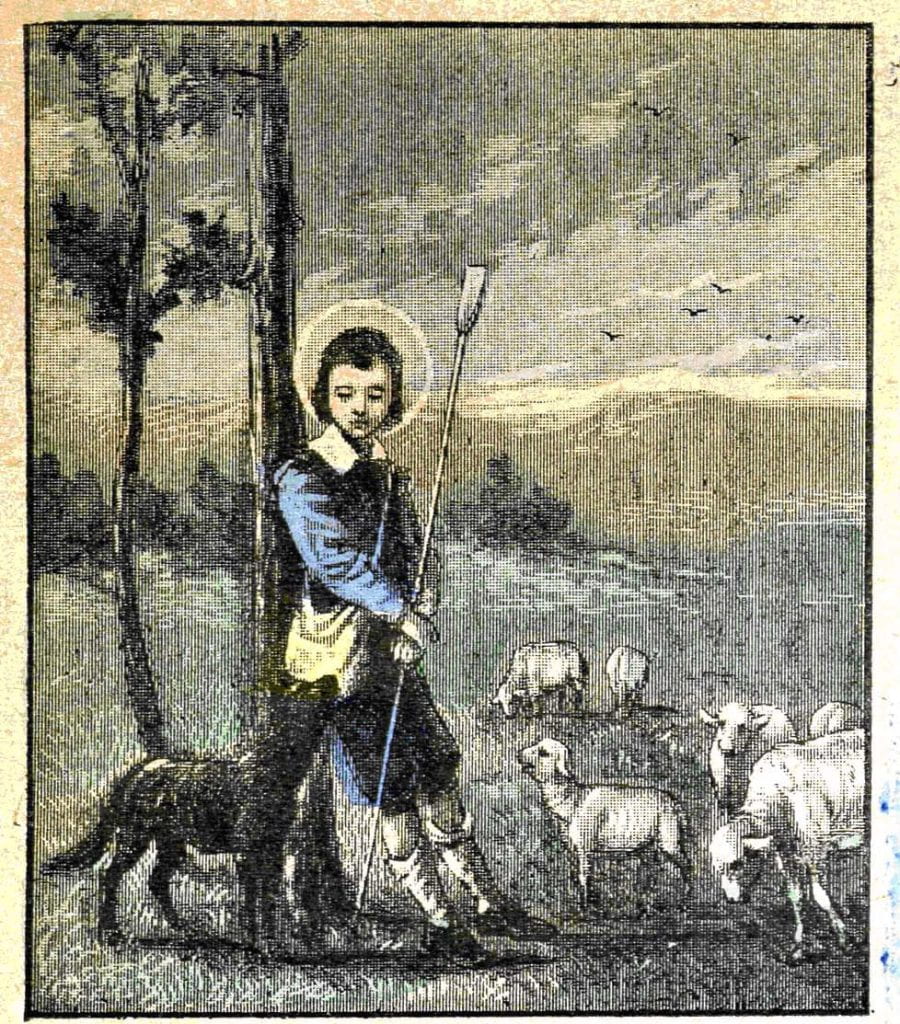
Exactly eighteen years ago, on this day, December 9th, I became the first woman in my family to chant publicly from the Torah. I still remember the opening words like a catchy song.
In Vayishlach, the Torah portion for this week, there are two brothers—twins—Jacob and Esau, who never really get along. One is smooth, one is hairy. One is scheming, one is brusque. In fact, they wrestle together in the womb. Jacob tricks his nearly blind father into giving him the blessing that belongs to Esau as the firstborn. The brothers’ relationship is a disaster from the get-go.
Jacob eventually settles in Canaan, with status, material wealth, and many offspring. Perhaps out of fear, perhaps because he truly misses his brother (the Torah often lets us infer emotional subtext), Jacob invites Esau to reconcile with him. The night before Esau’s arrival, Jacob finds himself alone, wrestling with an angel.
Hold up. Wrestling with an angel?
Was he hallucinating? Was he having a bad case of sleep paralysis?
In the Torah, it says that Jacob came panim-el-panim (Hebrew for “face-to-face”) with God.
What does it mean to come face-to-face with God? When was the last time you felt God’s presence? Was it during a moment of tranquility, connection, solitude, despair? Do you ever wrestle with God? Perhaps with the concept of God itself?
There are, of course, many interpretations, from rabbis and scholars, about what Jacob endured that night. But here’s mine: Jacob, alone in the dark, finally faces himself. He wrestles with his conscience. He admits to himself that he has, in some way, wronged his brother.
One of the Vincentian values we espouse at DePaul is humility. And not just humility when it comes to our successes or material possessions, but humility in the context of our personal and communal relationships. Saint Vincent de Paul writes, “You must ask God to give you power to fight against the sin of pride which is your greatest enemy—the root of all that is evil, and the failure of all that is good.”[1]
“Sin” and “failure” are charged words that don’t always sit well with me. But Saint Vincent had a good point. Holding onto our pride—nursing past resentments, harboring the belief that we are always right—detracts from our ability to empathize and see the humanity in those who hold different perspectives from us.
It’s a vicious cycle: when we can’t see the humanity in others, it’s hard for others to see the humanity in us.
The morning after Jacob wrestles with God, Esau approaches him in the desert, and, in an unexpected turn of events, forgives him. The brothers fall into one another’s arms, weeping. In a deep act of humility, Esau declines the many gifts Jacob offers him, but Jacob insists, telling his brother that seeing his face is like “seeing the face of God.”[2]
Panim-el-panim. Face-to-face. We can only really glimpse the divine in others when we come face-to-face with ourselves. Because we only exist in relationship. Never alone. And there are always angels.
Reflection Questions
- When was the last time you came face-to-face with someone who deeply disagreed with you?
- When was the last time you came face-to-face with yourself?
Reflection by: Kayla Schneider-Smith, Assistant Director, Religious Diversity & Pastoral Care and Jewish Life Chaplain
[1] “St. Vincent de Paul—You Must Ask God to Give You Power to Fight Against the Sin of Pride,” Catholic Digest Magazine, 14 October 2021, https://www.catholicdigest.com/from-the-magazine/quiet-moment/st vincent-depaul-you-must ask-god-to-give-you-power-to-fight-against-the-sin-of-pride/.
[2] Genesis 33:10, The Contemporary Torah (Jewish Publication Society, 2006), https://www.sefaria.org/Genesis.33.11?lang=bi&aliyot=0.









